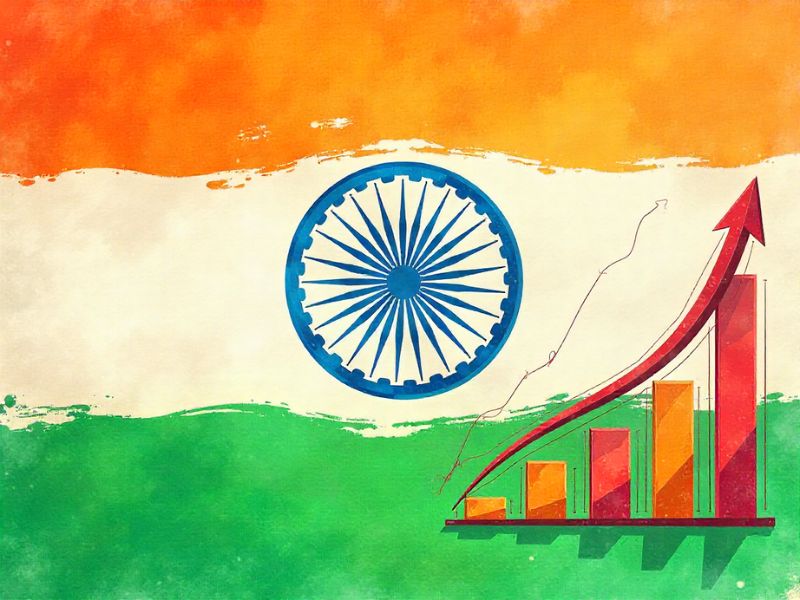India set to unlock USD 1 trillion maritime opportunity by 2047, says CMEC–RIS report
India’s maritime economy is poised to anchor USD 1 trillion in investments by 2047, positioning the country as a global maritime power, according to the India Maritime Report 2025–26 released by the Centre for Maritime Economy and Connectivity (CMEC) at the Research and Information System for Developing Countries (RIS). The report, unveiled during the inaugural session of India Maritime Week 2025, is titled Uniting Oceans, One Maritime Vision: India’s Maritime Strides.
The study reveals that India’s maritime investment has surged 2.5 times in eight years — from USD 3.3 billion in 2017 to USD 8.2 billion in 2025 — with nine Indian ports now ranked among the world’s top 100. It emphasises India’s growing role as a sustainable, technology-driven maritime hub, advancing innovation, trade facilitation, and regional collaboration under the Maritime India Vision 2030 and Maritime Amrit Kaal Vision 2047.
Speaking at the launch, Nitin Gadkari, Union Minister of Road Transport and Highways, said: “India’s maritime growth is central to the vision of Viksit Bharat 2047. With record-breaking cargo movement, new maritime legislation and an ambitious investment roadmap, we are building ports and pathways that connect prosperity with sustainability.”
Developed by a multidisciplinary team of experts, the report explores strategic areas such as deep-draft port expansion, inland waterways, blockchain integration, and the adoption of green hydrogen for cleaner shipping. It underscores India’s evolution from a maritime nation to a maritime partner — fostering cooperation and capacity-building across the Indo-Pacific and the Global South.
Professor Sachin Kumar Sharma, Director-General of RIS, described the report as a “knowledge blueprint” for India’s blue economy, noting: “Through evidence-based insights, CMEC at RIS seeks to strengthen policy dialogue that bridges investment, innovation, and inclusivity across the maritime value chain.”
Highlighting a convergence of data, sustainability, and innovation, the report concludes that India’s maritime transformation represents not only an infrastructure expansion but a comprehensive policy and human-capital mission shaping the future of global ocean governance.

















Add comment